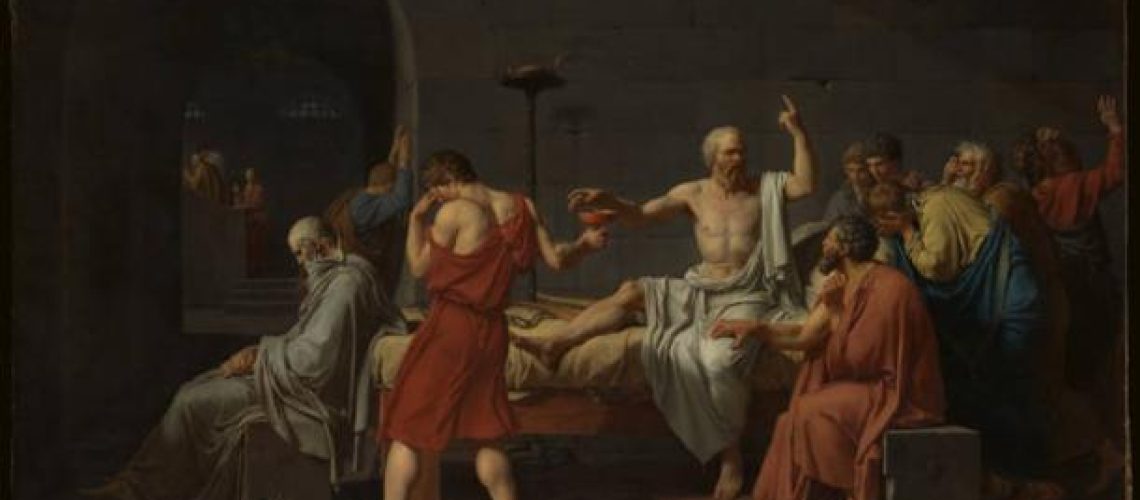
Konstantine Panegyres/The Conversation
The ancient Greek orator Dio Chrysostom (1st-2nd century CE) said in his speech To the People of Alexandria that there were two kinds of democracy: one good and one bad.
According to Dio, one form of democracy “is reasonable and gentle and truly mild”. It allows for free speech. It is fair, magnanimous and respectful of good people and good advice.
But Dio continues with darker words about democracy:
The more prevalent kind of democracy is bold and arrogant, difficult to please in anything, fastidious, resembling tyrants or much worse, seeing that its vice is not that of one individual or of one kind but a jumble of the vices of thousands; and so it is a multifarious and dreadful beast.
In the modern world, there are many arguments about the nature of democracy, and many words both of praise and of criticism. To a lot of readers, Dio’s words might ring true.
For people in ancient times, democracy was also a complicated and hotly debated concept.
So, what exactly were the ancient Greeks’ ideas about democracy, and how much do they differ from modern thinking?


